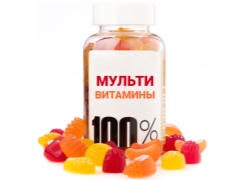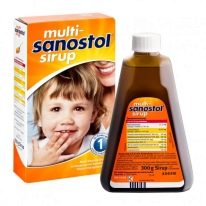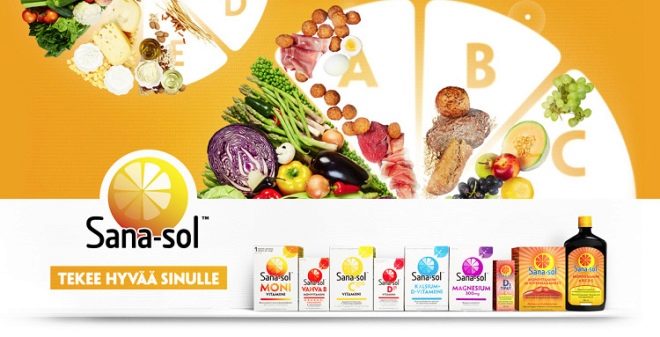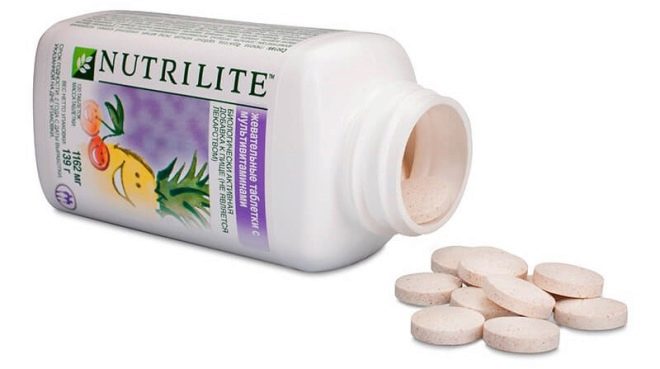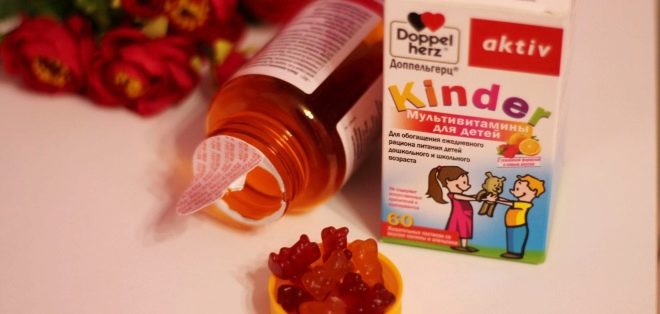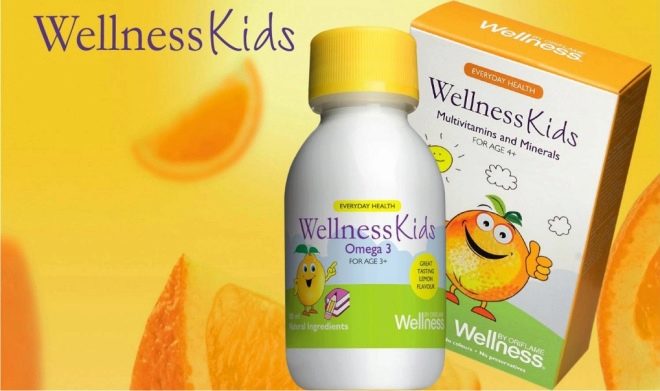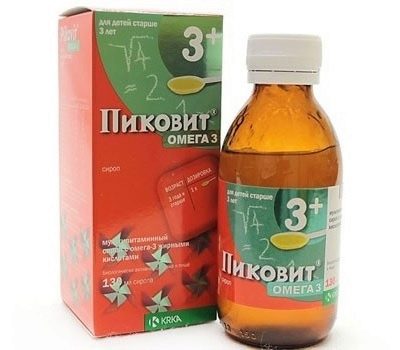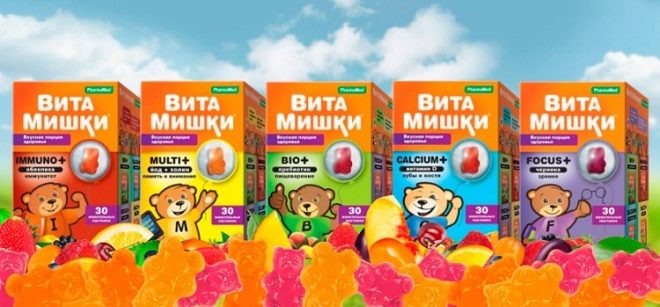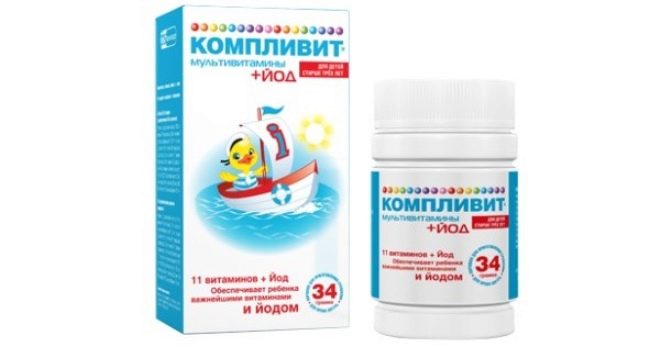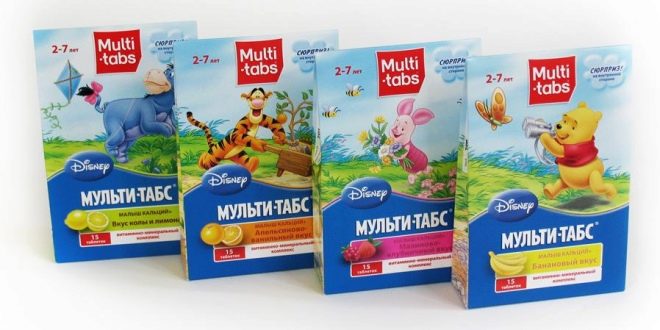Multivitamin Review for Children
Vitamin compounds are very useful for the body of the child and are contained in food, but sometimes there are situations when they are not enough. And then doctors recommend giving multivitamins to a small patient.
What it is?
Unlike vitamin supplements, which include only one vitamin, for example, Aquadetrim or Ascorbic Acid, multivitamin preparations contain more ingredients. This allows one additive to provide the need for several useful substances at once. In addition, the composition of multivitamins often include minerals, as well as other valuable components, for example, extracts from vegetables, lecithin or choline.
Before turning to the review of multivitamin supplements, it is worth mentioning that The use of such drugs, despite the fact that these are not drugs, is recommended only on prescription. In this case, the mother will be confident that the tool will benefit and will not have a harmful effect.
This is especially important if the child has any diseases or limitations, for example, he is shown gluten-free foods or is lactose intolerant.
Kinds
According to the age
The main criterion for choosing the right multivitamin product for a child should be a suitable age category, because the norms for infants, preschoolers, children 6-11 years old and teenagers are significantly different. In addition, when creating a complex for a certain age, manufacturers take into account the peculiarities of development and metabolic processes in this period of life.
- Children under 3 years old Vitamins D, folic acid, vitamin A, ascorbic acid, and among the minerals - calcium, iron, zinc, magnesium and phosphorus, which are especially actively growing.
- Kids 3-6 years oldIf you start attending preschool institutions, you need enough vitamins A, E, D and C. So children also need to get a lot of vitamins of group B, and zinc, calcium and iodine from minerals.
- Junior schoolchildren aged 7-11 years whose teeth change, significant loads in school and sports sections, you should get more vitamins A, groups B and C. Calcium, iodine and iron are the most important minerals for them.
- TeenagersIn the body of which the hormonal background and metabolism change, it is required enough vitamins D, gr. B, A, C and E. The key minerals for this age are iodine, zinc, iron, magnesium, phosphorus and calcium.
In form
Depending on the consistency and appearance, All multivitamin supplements can be divided into the following groups.
- Syrups. This form is most convenient if you want to give a supplement to a small child who cannot chew or swallow a pill. The most popular sweet vitamins in liquid form are Pikovit 1+, Multi-Sanostol and Multivitamol.
- Pastilles and marmalades. Such vitamin products enjoy the love of little patients, as they are very similar to candy. Often they also have an interesting shape, for example, bears, dolphins, asterisks, fruit or fish. These include vitamins Gummi King, Pikovit Yunik 3+, Vitamishki, Supradin bears, Doppelgerts Kinder, Univit Kids and others.
- Chewable tablets. Such vitamins also have a sweet taste and a varied shape, but a slightly different texture, which some children may not like.However, the composition of chewable tablets is often richer, so they are in demand from parents. Among such complexes can be called supplements "Multi-tabs", "Chewable Complivit", "Vitrum Kids", "Jungle" and so on.
Some manufacturers also offer multivitamins in the form of effervescent tablets, gels, drops, capsules or tablets in the shell.
Indications
The reason to assign a child multivitamin complex is:
- hypovitaminosis, which is confirmed by a doctor;
- poorly balanced diet;
- seasonal decrease in the amount of vitamins in foods;
- increased loads at school;
- recovery period after surgery or infectious disease;
- high physical activity;
- cold season and SARS;
- stay in stressful conditions;
- disease of the digestive system, affecting the absorption or synthesis of vitamins in the intestine.
Contraindications
Supplements that include several vitamins at once may provoke allergies, therefore they are prohibited when hypersensitivity to any of their components is revealed. For example, if a child has an allergic reaction to vitamin C, he should not be given any multivitamin products that include ascorbic acid.
In addition, an important contraindication for multivitamin supplements is hypervitaminosis. You should not give these drugs and in severe pathologies of the kidneys.
Instructions for use
All multivitamins should be taken by courses, the duration of which is determined by the doctor (most often it is 1-2 months). A single and daily dose of the supplement needs to be clarified on the package or in the annotation, it is impossible to exceed the dosages recommended by the manufacturer. The complex is most often taken once in the morning, during breakfast.
Supplements from famous brands
Many popular manufacturers of dietary supplements for adults also produce complexes for children. Consider some of them.
- Solgar. This famous company offers children tablets with fruit and berry flavor called Kangavites. They contain not only 13 vitamin compounds combined with 10 mineral salts, but also various plant components, including bioflavonoids. Tablets can be chewed to kids from the age of two. Another multivitamin product from the same manufacturer is called U-Cubes. It is represented by cherry, grape and orange pastilles made from tapioca. From them the child will receive vitamins c. B, ascorbic acid, vitamins E, D and A, as well as 4 minerals and inositol. Such a complex is also allowed from 2 years.
- Sana-sol. This Finnish company produces several multivitamin supplements. The smallest (children older than a year) are offered to give Monivitamiinivalmiste sweet orange-flavored syrup. It contains only the most important for the development of the child vitamins and from the age of three can be replaced by the analogue Vitanaleet - chewing bear cubs. For adolescents, the company produces berry and orange tablets, which include iodine, selenium and zinc in their vitamins. They are called Pehme ja pureskeltava and are allowed from the age of 11.
- Amway. The range of this company has a line of children's vitamins called Nutrilite. One of the supplements in it are multivitamins, in which, in addition to 11 vitamin compounds, there are also concentrates from fruits (pineapple, acerola, passion fruit, guava), valuable minerals (calcium, zinc, iron and magnesium) and beta-carotene. The tool is represented by chewable tablets and is recommended for adolescents over 14 years of age for the normalization of metabolic processes and health promotion.
- Doppelherz. This well-known company produces for children over four years old Kinder chewable multivitamins in the form of cute raspberry-flavored bears. This supplement is a source of 9 vitamins, and its basis is gelatin and fruit concentrate.
- Oriflame. In the line of Wellness of this manufacturer there is a multivitamin product intended for children (children over 3 years old). Such tablets have a pleasant orange flavor and a rich composition, since to the 13 vitamins present in them, 8 more minerals are added that are important for immunity, teeth, energy, brain function and vision.
Top best baby multivitamins
The most popular among mothers are vitamin supplements, which are produced in series, including multivitamins for different ages: for children under 3 years old, and for younger students and active teens. In addition, usually such lines of drugs are offered by well-known manufacturers, which allows not to worry about the quality of the vitamin complex and to be sure of its benefits for a growing organism.
No less popular are the multivitamin lines from the same company, but with a slightly different composition, so that parents can easily select the right product for a particular child. The most popular multivitamin complexes for children include the following products.
- «Vitrum». Additives of this brand are distinguished by a rich composition and include minerals, among which there are “growth trios” - the three most valuable substances for children's growth. In the range of "Vitrum" there are lozenges and tablets for children from 3 years.
- «Pikovit». Under this name, they produce syrup and chewable tablets, as well as coated tablets. Separately, the manufacturer offers a multivitamin without sugar, which is suitable for children with overweight, caries or diabetes.
- «Alphabet». Such vitamin complexes are three doses in which certain vitamins are combined with certain minerals so that the additive is maximally absorbed and less allergenic. Powders are offered to the smallest ones, and preparations for children from 3 years old are represented by sweet pills.
- «Vitamishki». Such pastilles have a pleasant taste, and there are no artificial colors in the composition. In addition to the multivitamin complex, the Vitamishk line also includes supplements for strong bones, good digestion, eye health and immunity support.
- «Complite». Under this name, tablets, lozenges and powders for children of different ages are produced. Among them there are not only multivitamin supplements for active babies, but also complexes to support vision and healthy teeth.
- «Multi-tabs». Such multivitamins for different age groups do not contain preservatives, flavors or dyes. They are available in drops and chewable tablets.
About what vitamins are best given to a child and how to choose them, see the next video from Dr. Komarovsky.
